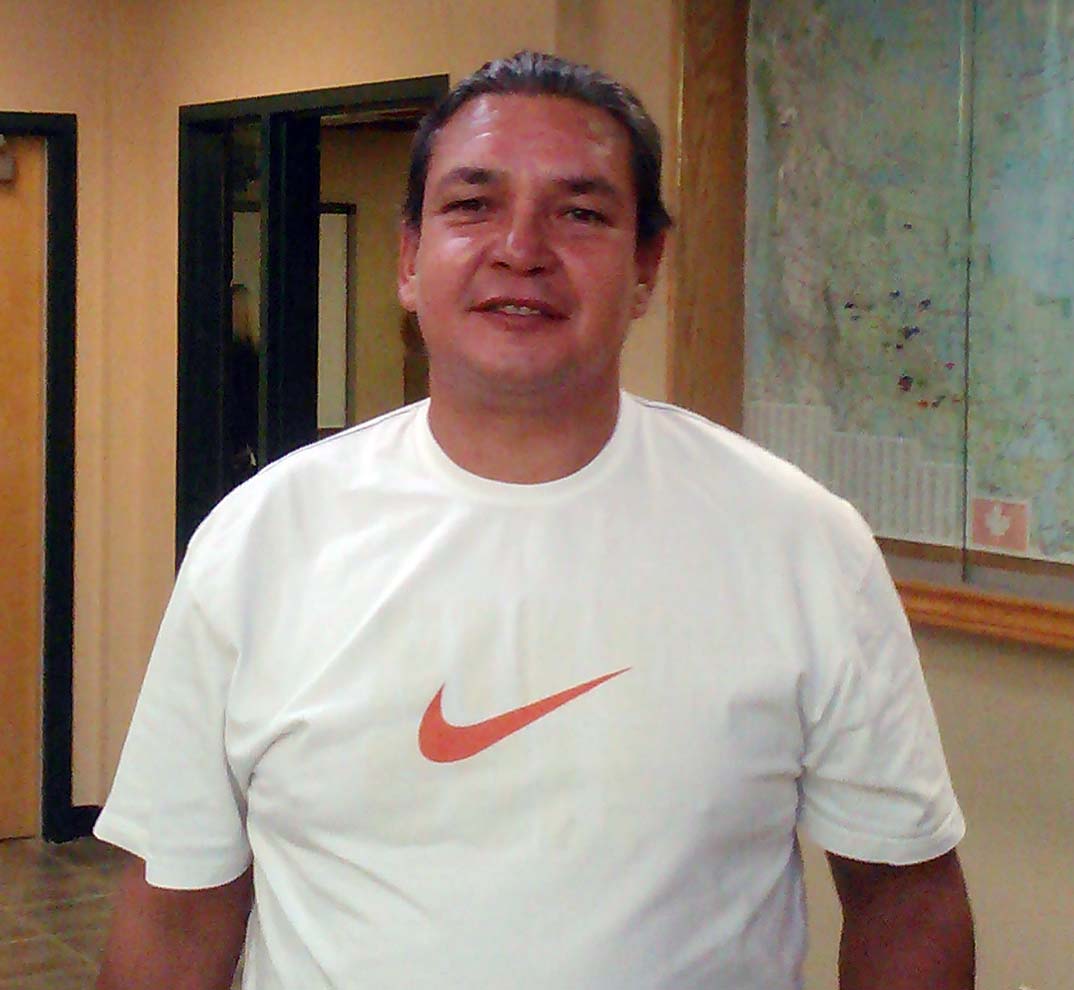Guest blogger Tim Poitras, Ranch Ehrlo cultural coordinator
I have been helping aboriginal and non-aboriginal people understand the First Nation worldview and advocating healthy lifestyles since 1986, acting as an active member of Woptura Ti Ospaye in the role of Sundance Chief. I have Sundanced for eight years and have run the ceremony for 19 years. I have also fasted for 19 years. As an Elder/Knowledge Keeper and Sundance Chief I work to bring education and awareness to all people, from all walks of life. As the cultural coordinator at Ranch Ehrlo Society, I have begun to orchestrate traditional ceremonies including sweats, pipe ceremonies, and feasts to foster understanding, respect, and self-discovery amongst the youth.
There are several things that staff and clients of Ranch Ehrlo Society must learn and be aware of prior to participating in these sacred traditional ceremonies. I place great value on education as it brings awareness and eventual change.
The following is some information about our sweats and the traditions of our people.
- The sweat lodges are from the Dakota, Lakota, and Nakota perspective and philosophical worldview but do include Cree, Dene, Sioux, and other tribes. In our sweat lodge ceremony participating staff and students acknowledge the four directions as well as the creator. Participants pray in silence and do not speak until the pipe reaches the altar.
- It is very important that participants say “all of my relations” when entering the lodge. After drinking the water, saying their prayer, smoking the pipe, and/or before leaving the lodge all participants must say “all of my relations”. This is a short prayer acknowledging that we are related to all of nature and its living beings.
- All of the lodges’ participants stay in the lodge until it is over, there is no leaving or entering the lodge until the ceremony is completed. The Elders/Knowledge Keepers say that their own bodies are trying to rid itself of the things that make the people weak such as anger, fear, greed, control, etc. When you leave the ceremony before it’s complete you are showing the spirits that you are afraid to make change in your own lives, and that you’re afraid of living without it.
- Females are not permitted to participate in anything sacred or spiritual during Moon Time -- when women are menstruating. Females do not attend pipe ceremonies, feasts, sweat lodges, sweet grass ceremonies, or any other type of smudging, during their menstrual cycle.
- Men and women are expected to dress appropriately when attending ceremonies and gatherings. Women should wear a skirt (below the knee length) to all ceremonies as a sign of honour and respect to their womanhood. If a woman is wearing pants, they should bring a shawl of towel to wrap around their legs. Women sit with their legs to one side, closed, or underneath them. This shows respect for themselves and their ability to give life.
The ceremonies are for anybody and everybody, as long as they respect the tradition.



